The United Parcel Service (UPS) has announced they are lifting their long-standing bans on facial hair and natural Black hairstyles. In other words, Black people are finally allowed to be their God-given selves at work.
I don’t mean to be a pessimist. I know these current efforts towards diversity will establish a better future for following generations, but when you hear that “afros, braids, curls, coils, locs, twists and knots” are just now being permitted in a multi-billion dollar workplace, you can’t help but roll your eyes.
This is literally the hair I was born with. Sure, UPS can hand out their stamp of approval, but it’s nothing any company should be praised for.
These restrictions existed primarily for employees who spent a lot of time in public, as if anyone’s natural hair is anything to hide. It took Carol Tome, the first female executive head in UPS history, to actually listen to employees’ feedback and make the change. This means that every old guy before her simply did not care enough to do the same.
Let us face it, America’s problem with natural hair has very little to do with professionalism.
Some people might want to argue that, regardless of hair type, your hair should be well-maintained at work. But that’s the thing ― what do these companies consider to be well-maintained hair? Are these companies educated on how Black people maintain their hair, or even what protective styling is?
The reality is, the perception of professionalism is so skewed towards Eurocentric beauty that people are quick to assume ethnic hair is “unkempt.”
Black and biracial women were even once ordered by law to cover their hair in public. These were the Tignon Laws of 1786, and it is proof that this nation has always tried to police natural hair.
I will never forget sitting in the private school bleachers as my principal went over the dress code. “Don’t have your hair out here,” he said, as he gestured an afro with his hands. “No artificial hair or braids past your mid-back,” he said.
Let’s think about what this actually means. Because this “dress code” exists, wearing my hair the way it grows out of my head was considered a violation, an act of rebellion.
Why does my natural hair have to signify that I am “sticking it to the man?” I am not sticking it to anybody. I am simply just being myself.
I have had far too many awkward experiences surrounding my hair ― from having someone ask me if it was ‘crazy hair day’ to being petted by strangers twice my age at 11 years old.
It is sad, and it hurts quite a bit too, but somehow, despite all this, I could not feel more empowered. or more amazed by the strength and vulnerability of Black people, especially Black women.
Despite centuries of being conditioned to believe our hair was not desirable and our features were not lovable, we still managed to break through and shine. We still learned to love ourselves when society made us feel unworthy.
Even in 1786, Black women did not despair. They abided by the Tignon Laws, but they turned it into a fashion. They would wear unique colors and wrap their hair in ways that would accentuate their beauty even more.
The Tignon Laws went out of effect in the 1800’s, but look at where we are now. It is 2020, and we are still having to lift restrictions on natural hair in the workplace.
Still, I am glad there has been such a large step in the normalization of natural hair in society and that people are finally getting with the times.
UPS made a good decision, but let’s not forget they also made the right decision. We do the right things because they are right, not because we need anyone’s validation.
I wear my natural hair because it is mine to wear, and because it is beautiful, too. So thank you for catching up, corporate America, but my worth does not rest in your hands.


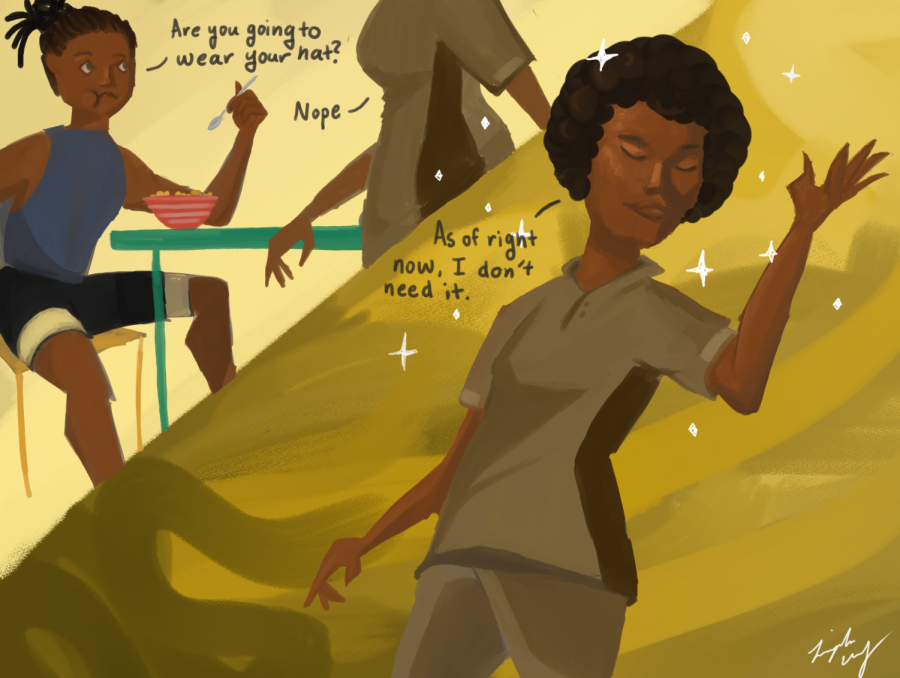
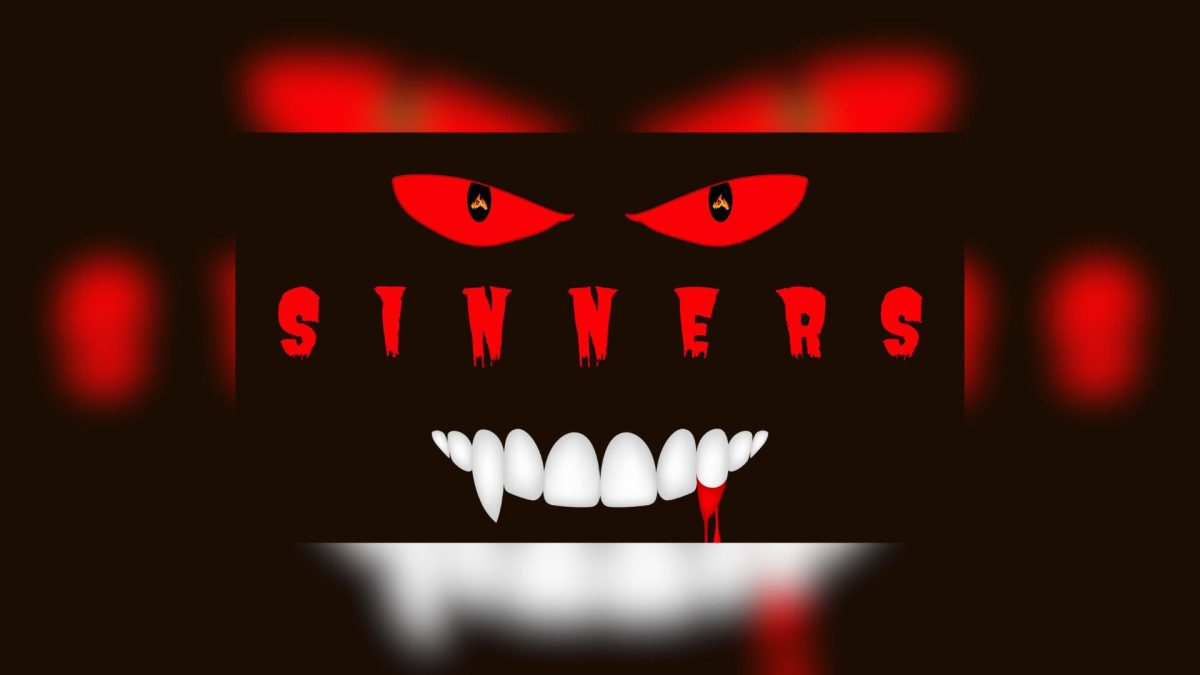

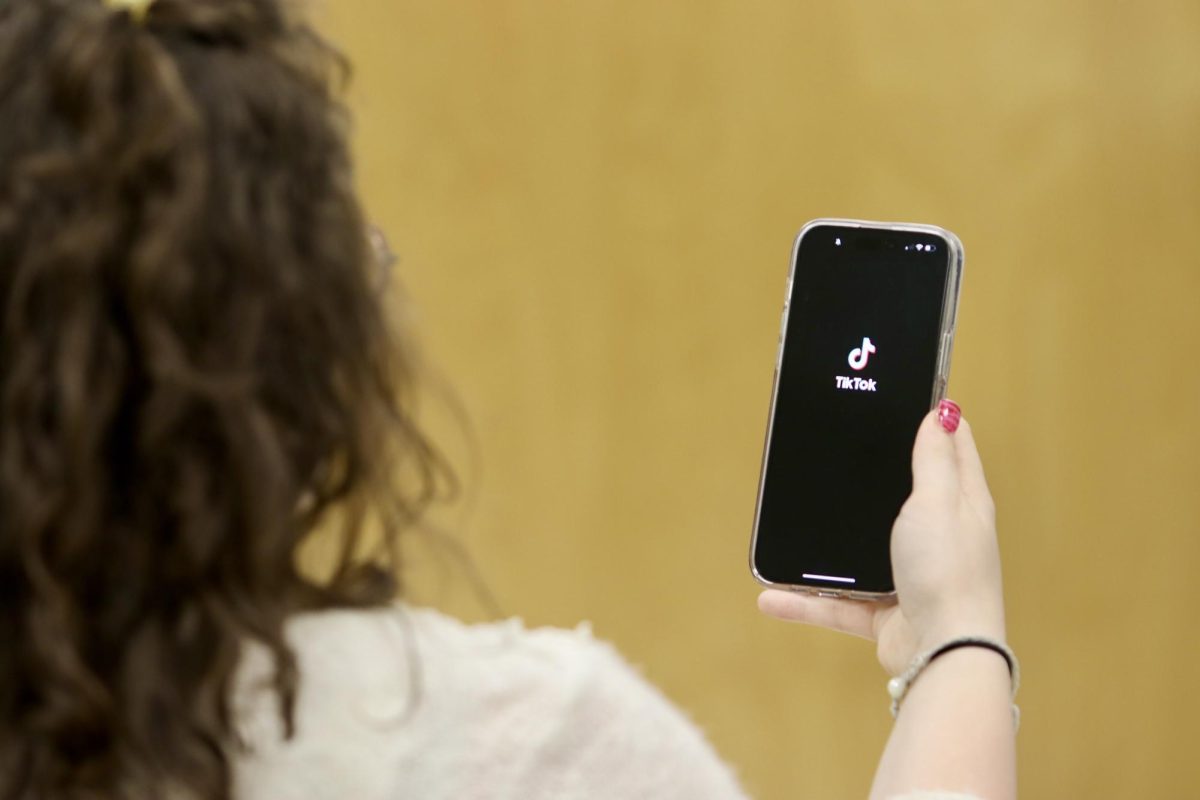

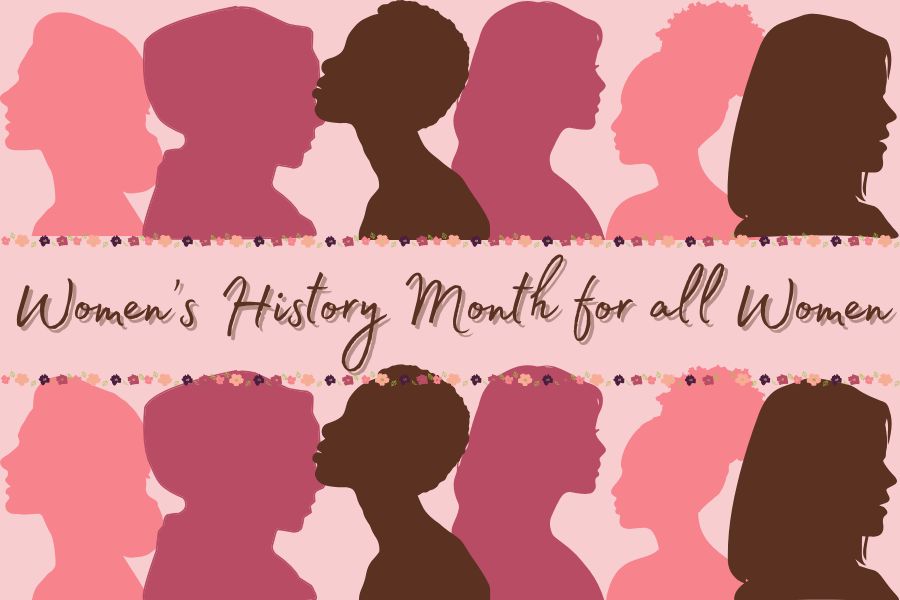

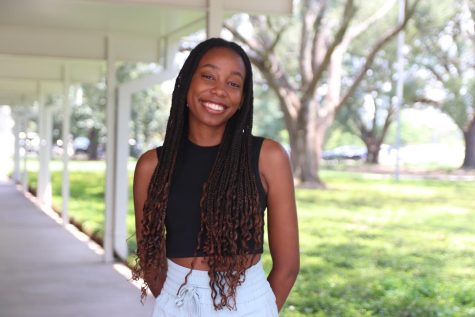
E.F. • Nov 17, 2020 at 10:36 am
@Will-Neely, It’s apparent that you didn’t read the article at all. Stop defending billion-dollar corporations who don’t care about you. Just say you’re racist and be done with it, troll.
Will-Neely • Nov 17, 2020 at 9:40 am
They did that because black hair is a lot different from white hair and they simply wanted their employees to appear well groomed.